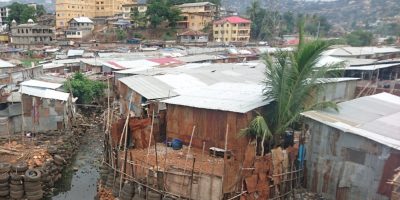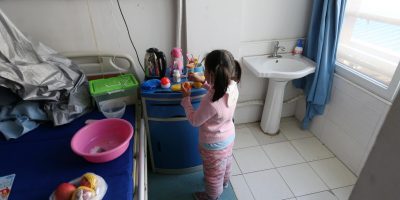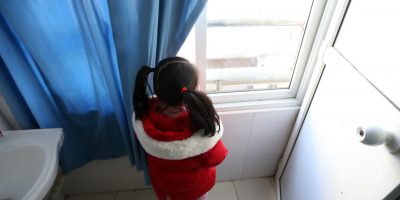COVID-19
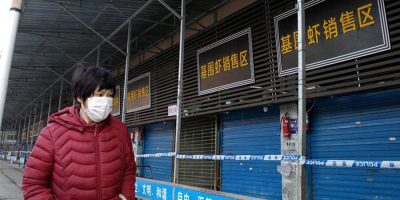
Briefing
Quarantine in the Context of COVID-19
Key considerations relating to the design and impact of measures that restrict human movement patterns.
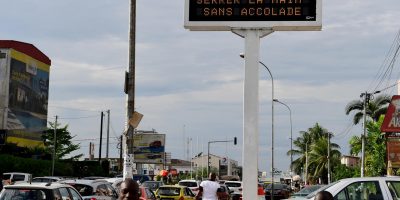
Briefing
Shame and Complicity in the Reactions to the Coronavirus
The death of Wuhan doctor Li Wenliang on 7 February 2020 was a turning point in public reactions to the government’s handling of the coronavirus outbreak. The doctor had warned about the new virus, but was silenced and punished, because…
![On 10 April 2020, Turusew Getahun, a social worker, works to identify, profile and register unaccompanied children and youths at the Civil Service University in Addis Ababa, Ethiopia. The centre is being used to quarantine returnees to the country, amidst concerns about the spread of COVID-19. Many of the returnees had sought work in Saudi Arabia, were victims of human trafficking along the way, and were subject to captivity and deportation upon reaching Saudi Arabia.
All unaccompanied minors are classified as vulnerable migrants, which is the social workers, in addition to profiling and registering them, identify their needs, look for signs of abuse requiring follow-up services, and obtain information about their families. The latter information is important for initiating a detailed assessment, family tracing, and reunification. In cases where a reunification with the family is not possible, alternative care arrangements are explored in cooperation with social workers or community service workers in their places of origin. Turusew says she looks forward to reuniting the children with their families when the quarantine is over. In the meantime, she wants them to be protected from COVID-19 during their quarantine. “Although information [about COVID-19] is being given to all returnees, children require specific support and child-focused messaging to help them understand how to protect themselves from the virus,” she says.
As of 14 April 2020, Ethiopia has reported 82 confirmed cases of COVID-19 in the country, with 3 deaths. In recent weeks the country has seen a surge of returnees to the country, due to the global situation. All returnees are now being placed in a mandatory 14-day quarantine. The sudden surge in returnees is straining local capacities, especially the health system. Some 2,780 returnees have been registered and quarantined at various centers the government has set up in Addis Ababa. An additional 300 returnees per day are expected in the comi UNICEF/Tesfaye](https://www.socialscienceinaction.org/wp-content/uploads/2020/04/UNI320537_Nahom-tesfaye-400x200.jpg)
Briefing
Sentinels and Whistleblowers: Lessons from Wuhan
When the media asked me how the Chinese government was handling the crisis of COVID-19, I offered them a distinction which comes from the social sciences: the Wuhan authorities acted well as sentinels but failed to act as whistleblowers. Indeed,…
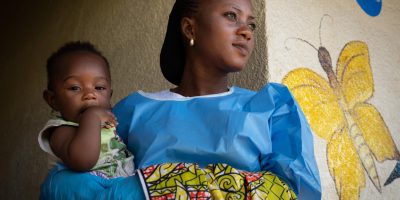
Briefing
Echoes of Ebola: Social and Political Warnings for the COVID-19 Response in African Settings
Recent years have seen major global investment in epidemic preparedness and response. The World Health Organization’s new guidelines for health emergency preparedness (WHO 2017), extending the ambit of the 2005 International Health Regulations, have accompanied growing commitments to centralised planning,…
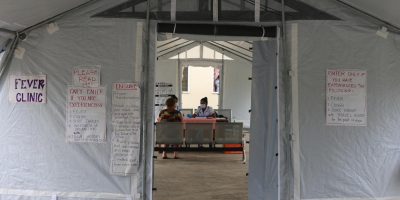
Comment
Novelty and uncertainty: Social science contributions to a response to COVID-19
This comment argues that political questions around discourses of preparedness and response need to enter the debate about current and future responses to uncertain and alarming scenarios of novel emergence.

Briefing
Social Dimensions of the novel Coronavirus (nCoV) Outbreak and Response: Meeting Report
Report from a roundtable meeting at the Wellcome Trust, London, 3rd February 2020.




